
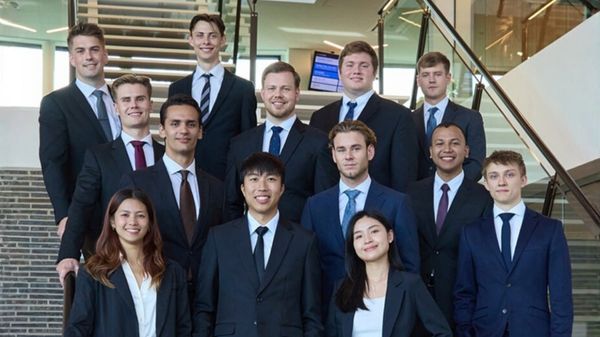
|
Monjasa opens applications for global trainee programme
Marine fuel supplier seeks candidates for MOST scheme spanning offices from Singapore to New York. |
|
|
|
||
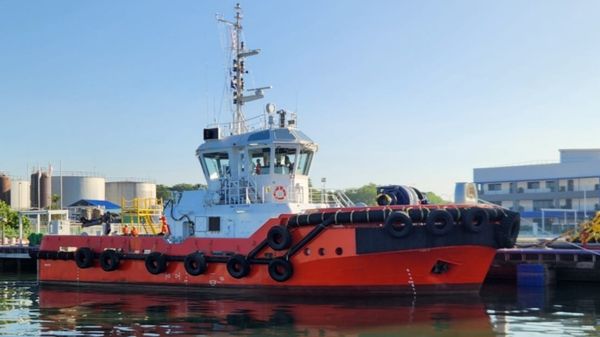
|
Singapore's first fully electric tug completes commissioning ahead of April deployment
PaxOcean and ABB’s 50-tonne bollard-pull vessel represents an early step in harbour craft electrification. |
|
|
|
||
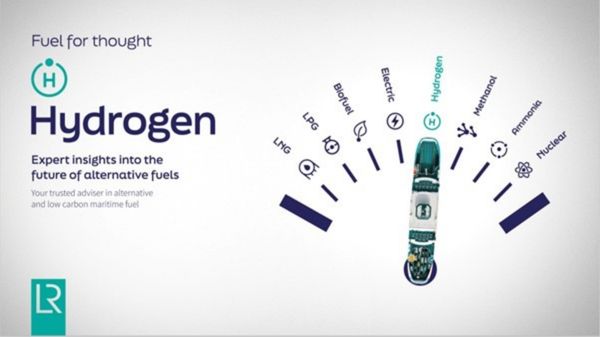
|
Lloyd's Register report examines hydrogen's potential and challenges for decarbonisation
Classification society highlights fuel's promise alongside safety, infrastructure, and cost barriers limiting maritime adoption. |
|
|
|
||

|
BV Malaysia partners with Straits Bio-LNG on sustainable biomethane certification
MoU aims to establish ISCC EU-certified biomethane production and liquefaction facility in strategic alliance. |
|
|
|
||
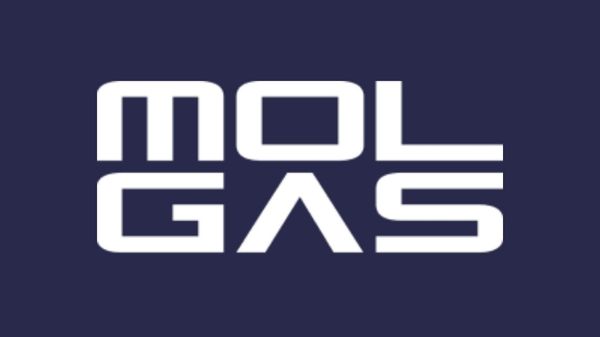
|
Molgas becomes non-clearing member at European Energy Exchange
Spanish energy company joins EEX as it expands European operations and strengthens shipper role. |
|
|
|
||
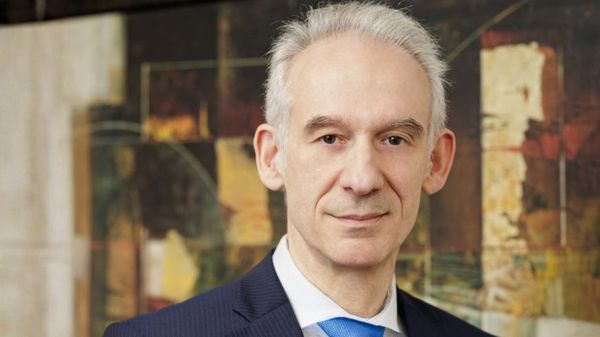
|
Diamandopoulos appointed CEO of Elinoil as Aligizakis becomes chairman
Greek marine lube supplier announces leadership changes following board meeting on 5 January. |
|
|
|
||
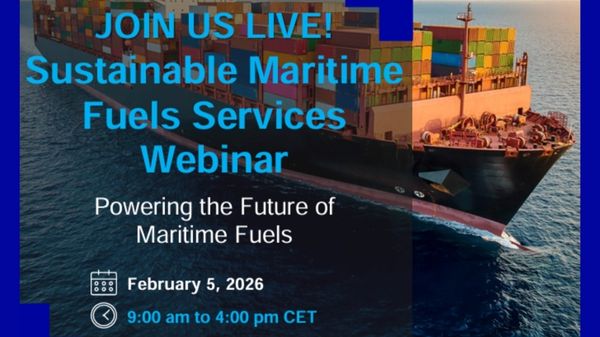
|
Bureau Veritas to host webinar on sustainable marine fuel transition challenges
Classification society to address regulatory compliance, market trends, and investment strategies in February online event. |
|
|
|
||
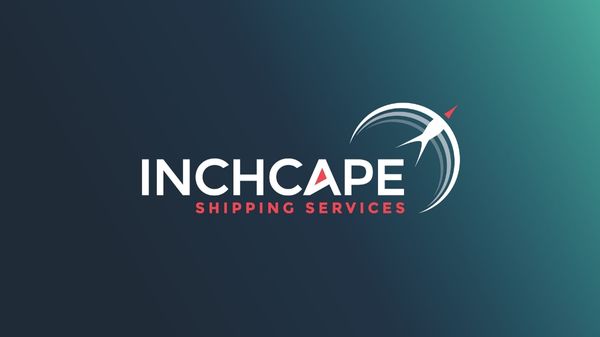
|
Inchcape to provide bunkering services from new Indonesian offices
Port agency establishes presence in key bulk and tanker operation hubs handling 150 calls annually. |
|
|
|
||
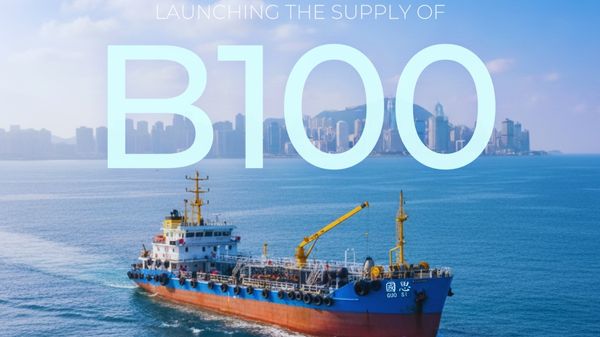
|
Chimbusco Pan Nation launches B100 biodiesel supply in Hong Kong
Bunker tanker Guo Si becomes Hong Kong's first Type II certified vessel for pure biodiesel operations. |
|
|
|
||
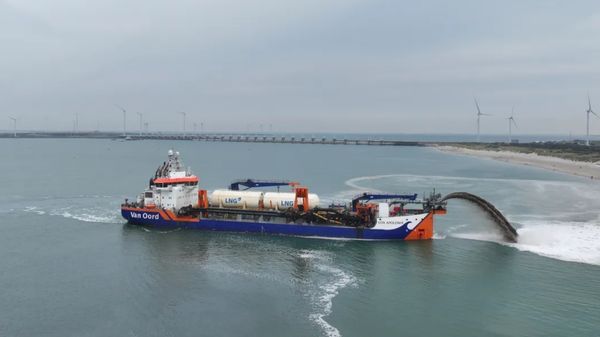
|
Van Oord completes Dutch beach replenishment using 100% bio-LNG
Dredger Vox Apolonia deposited 1 million cbm of sand at Noord-Beveland beach under Coastline Care programme. |
|
|
|
||
| WFS management discusses Q3 bunker performance [News & Insights] |
| World Fuel Services amends credit facility to $2.1 billion [News & Insights] |
| World Fuel Services CEO in $1.4m share sale [News & Insights] |
| Five bunker firms in top 25 Hanjin creditor list [News & Insights] |
| World Fuel Services posts third-quarter results [News & Insights] |